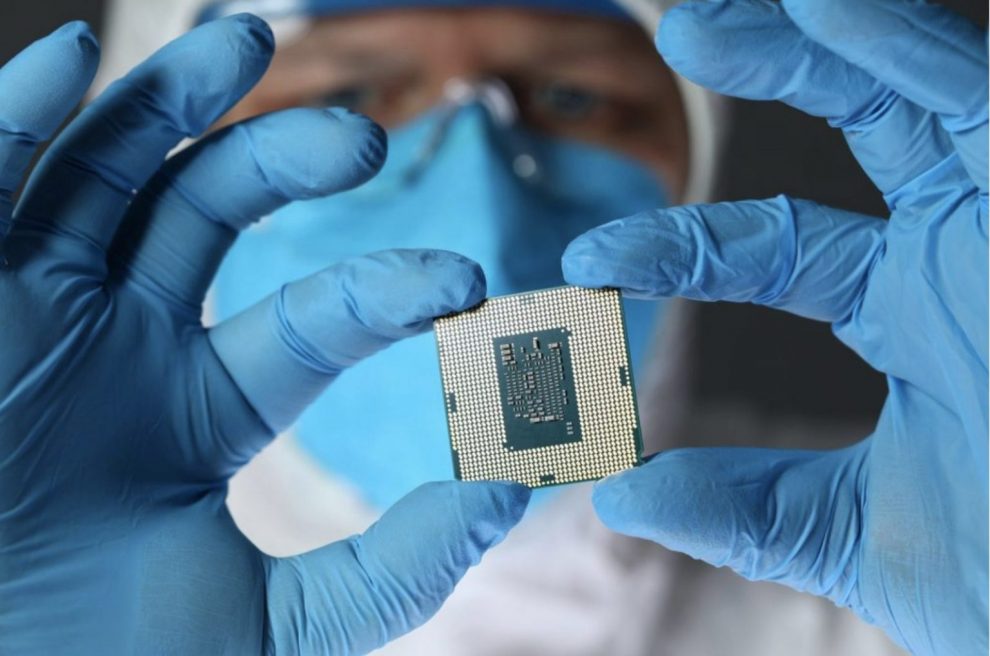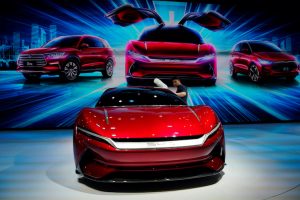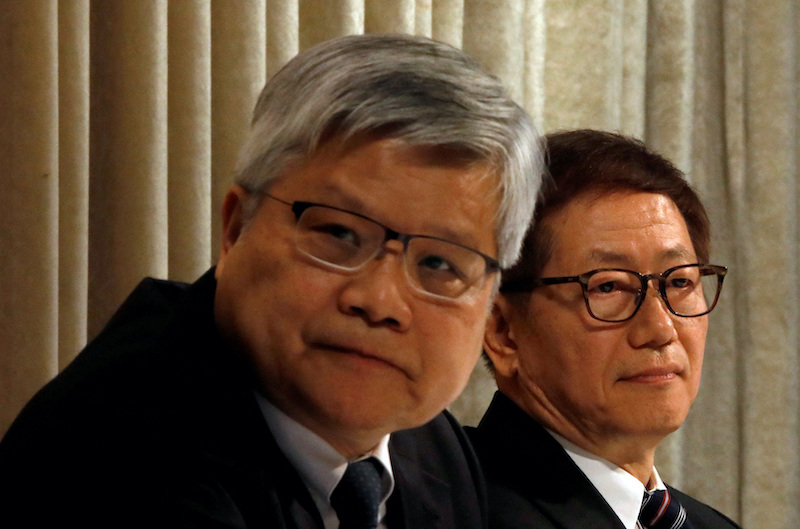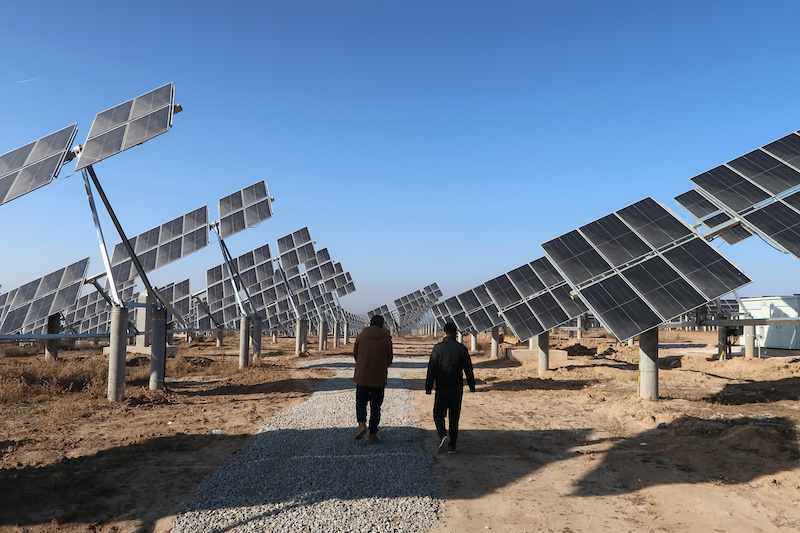(AF) Designers of the world’s most cutting-edge cars, especially the kind that run on electricity and are stacked with autonomous driving perks, figured last year that to get semiconductors all they had to do was ask the producers.
They make up a relatively new $42-billion market for chips, which run in-car infotainment systems, electric-vehicle batteries and radar schemes to prevent crashes.
A lot of those automakers have tapped Taiwan’s $115 billion semiconductor sector for the chips because its top companies already offer the right equipment and skills.
Taiwan has perfected a tight, fast-moving high-tech supply chain since the 1980s and led today by chipmakers such as Taiwan Semiconductor Manufacturing (TSMC), the world’s largest contract builder of semiconductors.
But Taiwan’s factories are already busy making chips for advanced consumer electronics that people worldwide want for telework and remote study, two trends that exploded during the 2020 coronavirus outbreak because of stay-home orders. Those devices include speedy notebook PCs with high-end cameras and 5G-ready phones.
Automakers must wait until at least early 2022 as chip production capacity is “fully loaded”, says Wen Liu, industry analyst with the Taipei-based Market Intelligence & Consulting Institute.
Slow Moving
“Even if Taiwanese foundries increase the supply of automotive chips, they will still not be able to fully meet the needs of automakers in the short term,” Liu says. “The shortage and low inventory levels will continue affecting the industry until the end of 2021.”
Vehicle builders moved too slowly to lock in orders and didn’t factor in chipmaking industry nuances, such as time to prepare for production, when it started placing those orders, consultancy Bain wrote in a recent research note.
“This is likely not a one-time event,” Bain warns. “The auto industry could face further challenges with electronics.”
Taiwanese companies make up at least half of the world’s available capacity for most chipmaking processes, the note says. Other manufacturers include Samsung and China-based Semiconductor Manufacturing International (SMIC).
The auto sector pulled back orders in Q2 and Q3 as other buyers were increasing orders, the research note says.
Unprepared, Unwilling
“Much like how you can’t order 1,000 T-shirts and hope they are delivered within the hour because the paint needs time to dry, these car companies are not going to get their chips immediately,” says Sean Su, an independent political and tech consultant in Taipei.
“As these orders take months to prep to fill, and the US car manufacturers didn’t put in their orders until now, there’s literally no way the manufacturers can give them chips immediately,” Su says. “The reality is that the US manufacturers were unprepared and unwilling to stockpile.”
A TSMC spokesperson said this month that the company with a $265.5 billion market cap was “working on” meeting auto chip demand but declined to offer details. TSMC has less than 50% of the world automotive chip market share.
Just 3% of TSMC’s revenue comes from automotive, Bain said.
Fellow Taiwanese chipmaker United Microelectronics (UMC) is operating factories at a 100% utilisation rate with plans to invest more this year because of its “key position in the auto supply chain,” company spokesman Richard Yu said Tuesday.
“We are putting forth our best efforts to help the chip shortage within the automotive supply chain such as raising 2021 capex for capacity expansion,” Yu said.
Most Taiwanese semiconductor firms have passed tests certifying the specifications and technologies required to make electric vehicle chips, Liu said.
But they might take extra time to fill automotive orders because of “cost considerations” when buying new equipment, Taipei-based market analysis firm Isaiah Research says in an e-mailed statement.
Foundries could jump this barrier by “de-bottle-necking” the process or “renewing” equipment to maximise capacity, the statement says.
• Ralph Jennings
This page was upgraded on February 15, 2022 to meet style standards.
Also on AF:
White House set to apply Trump rule on Chinese tech
Economic damage intensifies after Myanmar coup
NYSE set to remove China’s CNOOC from board






















